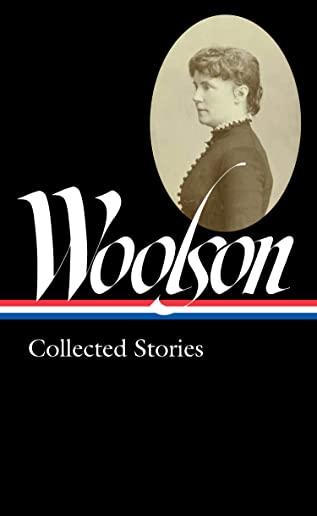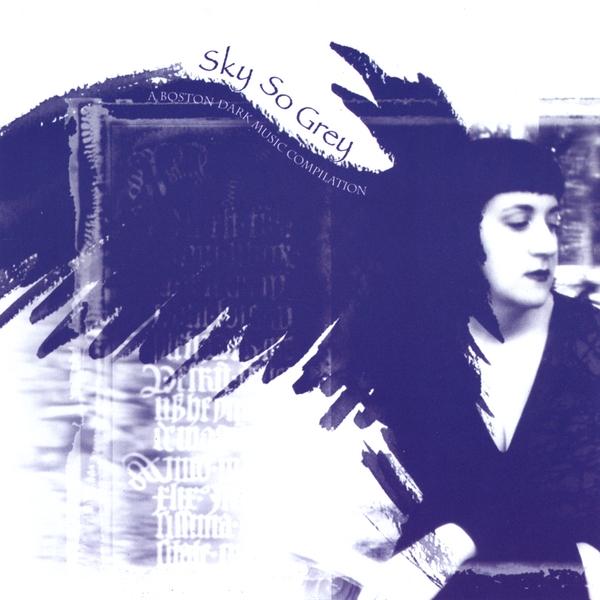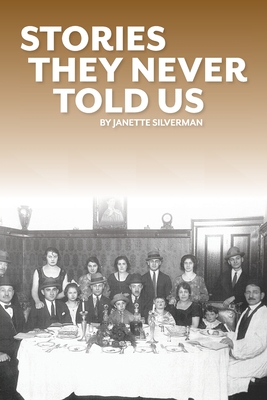
Woolson, Constance Fenimore
product information
description
8A landmark of literary recovery: the first major edition of an overlooked genius who in her lifetime was considered 19th-century America's greatest woman writer In the eyes of her contemporaries, Constance Fenimore Woolson (1840-1894) ranked with George Eliot as one of the two greatest women writers of the English language. She wrote fiction of remarkable intellectual power that outsold those of her male contemporaries Henry James and Willian Dean Howells. James enshrined memories of his long, complicated friendship with Woolson in The Beast in the Jungle and The Wings of the Dove, and more recently Colm Tobin treated the relationship in his novel The Master. But Woolson's close association with James, and her likely suicide in Venice, have tended to overshadow her own literary accomplishments, pigeonholing her as a martyr to the male literary establishment. This volume, the most comprehensive gathering of Woolson's stories to date, represents the culmination of decades of recovery work done by scholars, and puts the focus back on the work, where it belongs. Set variously in the Great Lakes region, the post-Civil War South, and Europe, Woolson's short stories often concern outsiders of one kind or another--prophets and misfits living in remote landscapes, uneducated coal miners, impoverished spinsters, neglected nuns, a haunted caretaker of the dead, destitute southerners, and female artists driven to extreme behavior as they seek the admiration or approval of established (male) critics or writers. Woolson's minute realism captures both the social texture of her time and the inner emotional lives of these overlooked and marginalized characters. Most of all her writings startle us with their simmering intensity, their sensual descriptions of the environment, and refusal to smooth out the ambiguities and tensions that inevitably result from human efforts to communicate and connect. Her fiction is deeply human, resonating with a power across the centuries that makes them remarkably modern for today's readers.
member goods
No member items were found under this heading.
listens & views

WORTH THE WEIGHT: BRISTOL DUBSTEP ...
by WORTH THE WEIGHT: BRISTOL DUBSTEP CLASSICS / VAR
COMPACT DISCout of stock
$10.99

SKY SO GREY-A BOSTON DARK ...
by SKY SO GREY-A BOSTON DARK MUSIC COMPILATION / VARI
COMPACT DISCout of stock
$15.75
Return Policy
All sales are final
Shipping
No special shipping considerations available.
Shipping fees determined at checkout.





